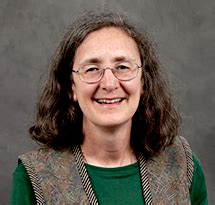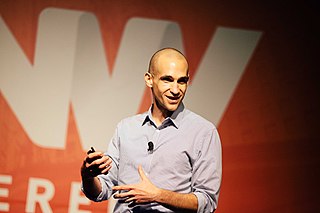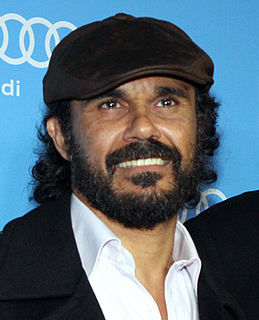A Quote by Wendy Lustbader
With our intimate partners, we can take responsibility for the parts of ourselves that are hardest to deal with - because we finally know ourselves well enough to do so.
Related Quotes
The biggest adversary in our life is ourselves. We are what we are, in a sense, because of the dominating thoughts we allow to gather in our head. All concepts of self-improvement, all actions and paths we take, relate solely to our abstract image of ourselves. Life is limited only by how we really see ourselves and feel about our being. A great deal of pure self-knowledge and inner understanding allows us to lay an all-important foundation for the structure of our life from which we can perceive and take the right avenues.
How do we define, how do we describe, how do we explain and/or understand ourselves? What sort of creatures do we take ourselves to be? What are we? Who are we? Why are we? How do we come to be what or who we are or take ourselves to be? How do we give an account of ourselves? How do we account for ourselves, our actions, interactions, transactions (praxis), our biologic processes? Our specific human existence?
Some of us have a hard time believing that we are actually able to face our own pain. We have convinced ourselves that our pain is too deep, too frightening, something to avoid at all costs. Yet if we finally allow ourselves to feel the depth of that sadness and gently let it break our hearts, we may come to feel a great freedom, a genuine sense of release and peace, because we have finally stopped running away from ourselves and from the pain that lives within us.
The disowned parts of ourselves are what get in the way of us having the relationships we long for, the careers we don't know how to create, and the goals we want to achieve. It is by getting in touch with ALL the parts of ourselves - by having a gentle dialogue with all the "selves" we have inside - that we integrate them into a more comfortable, peaceful way of being with ourselves.
How can we know ourselves by ourselves? . . . Soul needs intimate connection, not only to individuate, but simply to live. For this we need relationships of the profoundest kind through which we can realize ourselves, where self-revelation is possible, where interest in and love for soul is paramount.
But how can we love someone if we don't like him? Easy-we do it to ourselves all the time. We don't always have tender, comfortable feelings about ourselves; sometimes we feel foolish, stupid, asinine, or wicked. But we always love ourselves: we always seek our own good. Indeed, we feel dislike toward ourselves, we berate ourselves, precisely because we love ourselves; because we care about our good, we are impatient with our bad.
































